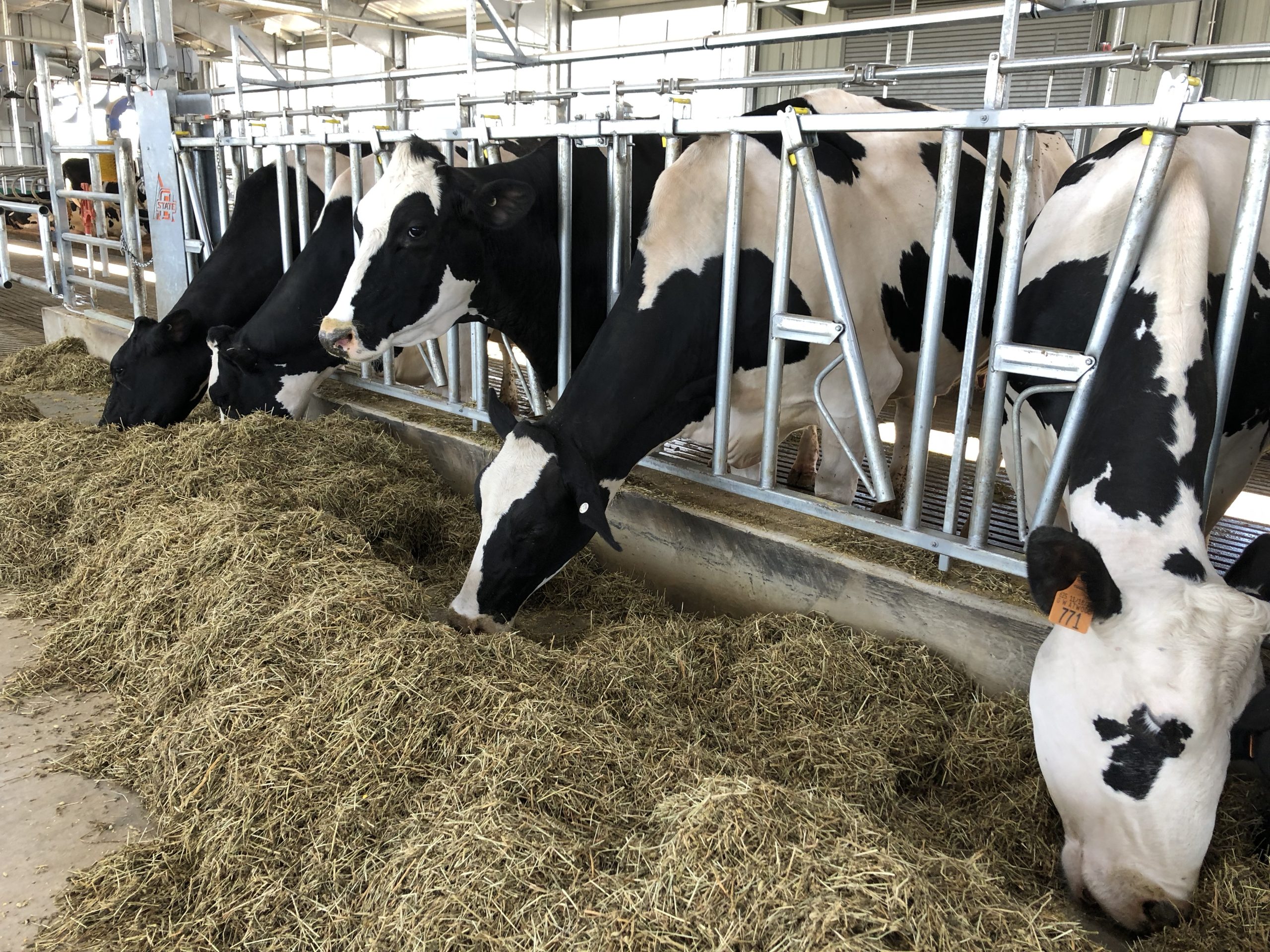A number of states have begun to restrict cattle imports from those states with highly pathogenic avian influenza, according to the American Veterinary Medical Association.
In an April 9 news release, the AVMA said 17 states have restricted cattle importations from states where infected dairy cows have been identified. Those with restrictions include: Alabama, Arizona, Arkansas, California, Delaware, Florida, Hawaii, Idaho, Kentucky, Louisiana, Maryland, Mississippi, Nebraska, North Carolina, Pennsylvania, Tennessee, Utah and West Virginia. Confirmed positive cases are in Idaho, Kansas, Michigan, New Mexico, North Carolina, Ohio, South Dakota and Texas.
On April 2, the U.S. Department of Agriculture’s Animal and Plant Health Inspection Service said it will not issue federal quarantine orders at this time, nor is the agency recommending any state quarantines or official hold orders on cattle. According to APHIS, there are eight states with confirmed positive cases.
APHIS strongly recommends minimizing cattle movement as much as possible, evaluating risk and factoring that risk into movement decisions. The APHIS statement specifically says, “Do not move sick or exposed animals.”
If cattle must be moved, APHIS encourages “extreme diligence” by producers, veterinarians and animal health officials to ensure only healthy cattle are moving and to ensure the validity of interstate health certificates.
The AVMA also stated in its release that the American Association of Bovine Practitioners announced April 7 that it will call this disease bovine influenza A virus (BIAV) to better distinguish the disease syndrome in cattle from the pathogenesis observed in birds.
“The virus isolated from affected animals in herds matching the clinical syndrome has been identified as avian influenza virus Type A H5N1. This virus causes Highly Pathogenic Avian Influenza in birds; however, the disease syndrome in cattle does not cause high morbidity and mortality as it does in birds. The AABP does not believe that this disease should be referenced as ‘HPAI in cattle’ or ‘bird flu in cattle’ due to these differences,” according to the news release.
The AABP has created a working group of its members that, together with the AVMA, is communicating with federal officials and working on additional biosecurity guidance.
South Dakota case
In an April 10 news release, the South Dakota Department of Agriculture and the Animal Industry Board announced it had received confirmation from USDA’s National Veterinary Services Laboratory of the detection of highly pathogenic avian influenza in a dairy cattle herd in South Dakota. This is the first confirmed case of HPAI in a dairy farm in South Dakota.
“South Dakota Dairy Producers encourages all dairy producers to closely monitor their herd and contact their herd veterinarian immediately if cattle appear symptomatic,” said Marv Post, chairman of South Dakota Dairy Producers. “USDA continues to emphasize that pasteurization kills the virus and that milk and dairy products are safe to consume.”
According to the release, symptoms are mostly restricted to late-stage lactating cows and include a drop in milk production, loss of appetite and changes in manure consistency. Producers are encouraged to enforce their biosecurity plans such as limiting visitors, separating new animals and sick animals and cleaning pens, equipment, vehicles, clothing, footwear and hands.
There are no concerns about the safety of the commercial milk supply or consumer health risk. Per the CDC, consuming unpasteurized milk or raw milk is not recommended. Pasteurization has continually proven to successfully inactivate bacteria and viruses, like influenza, in milk.
Kylene Scott can be reached at 620-227-1804 or [email protected].




